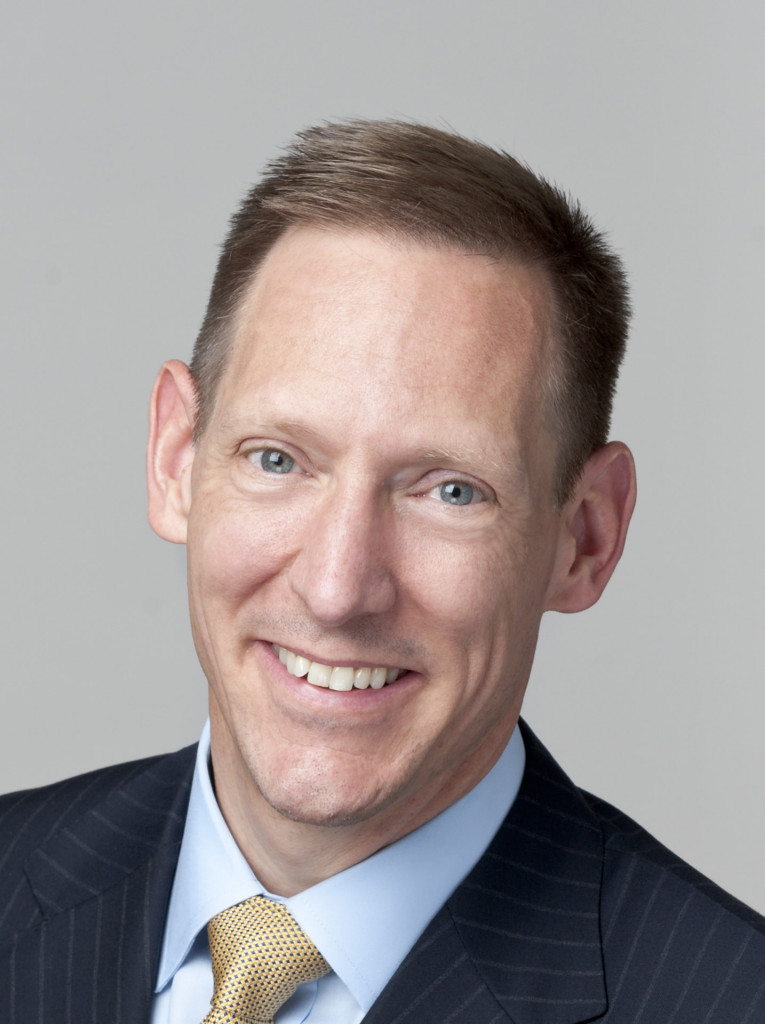
The CFA Institute, which creates the curriculum for the annual Chartered Financial Analyst (CFA) exams, has recently added cryptocurrencies and blockchain as topics for to its tests that are known for their difficulty. The tests are administered in over 170 countries, typically the first weekend in June, with an additional test for certain test takers in December.
Passing these exams provides a significant advantage to financial professionals like research analysts and portfolio managers who want to advance in their careers. There are three levels of exams. Over the past several years, Stephen Horan, Managing Director for General Education and Curriculum at the CFA Institute said that only 43 percent of test takers pass level 1. The level 1 exam weeds out the bulk of test takers and the pass rates for level 2 and level 3 tests are slightly higher. Ultimately, though, Horan said that less than 20 percent of those who start the CFA program pass all three exams.
Horan told deBanked that the institute decided to add cryptocurrencies and blockchain to the curriculum for level 1 and 3 curriculums because they got feedback from people working in the industry that it was relevant.
“We started to hear that this is now mainstream, it’s not fringe,” Horan said.
As for the nature of what will be put in the curriculum, Horan said they are not making judgments whether cryptocurrencies are good or bad, but rather posing questions like “What are the functions of a currency?”
The new material for the 2019 exam will not be released until August. The six hour long exams have been given since 1963 and test takers generally study 300 hours for each exam.
 This development is surely a sign that cryptocurrencies and blockchain technology have entered the mainstream. While suspicion about both of these technologies remains, it seems that they are here to stay.
This development is surely a sign that cryptocurrencies and blockchain technology have entered the mainstream. While suspicion about both of these technologies remains, it seems that they are here to stay.
Horan said that 279,000 people took one of the three exams last year, and these numbers have been steadily rising. More than 40 percent of test takers are in the Asia Pacific; within this region, one-third of these people are in China. Currently, about 150,000 have passed all three tests and they can call themselves “charter holders.”
Horan said that some companies require that their employees have passed all or of some of the CFA exams, such as the investment management firm Eaton Vance. He also said that Fidelity is a big adopter of the CFA exams.
In addition to creating the exams, the CFA Institute also has a membership of finance professionals that supports continued education and networking. The company has 600 employees worldwide and is headquartered in Charlottesville, Virginia.
